Trade policy under review in the United States of America
Fall armyworm impacting the agricultural sector in Africa
Economic fortunes diverging between Haiti and the Dominican Republic
Central Bank of Yemen floats currency
SDG #8: Decent work and economic growth
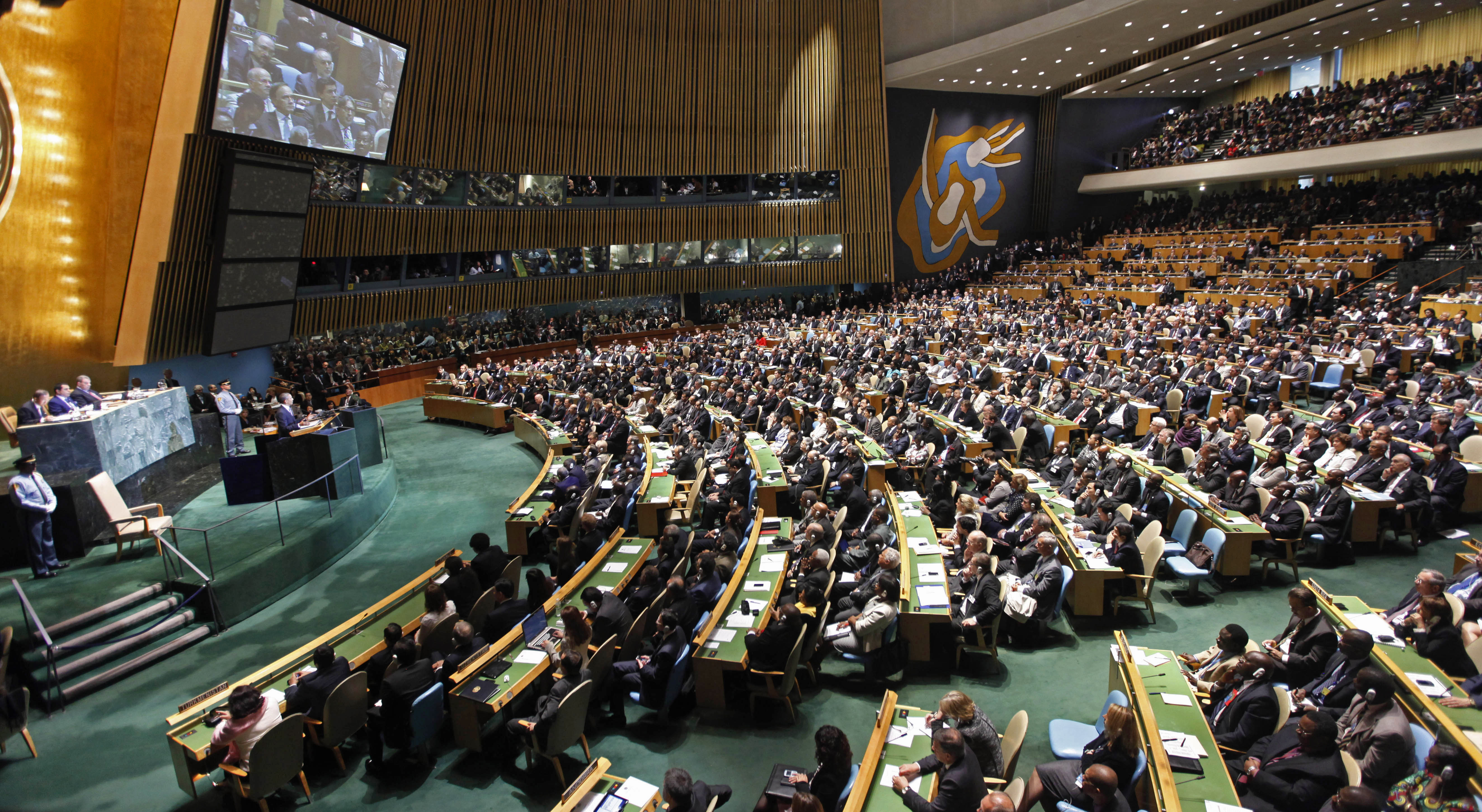
Technology has had an undeniable impact on improving living standards and increasing productivity. But how will advanced technologies, such as artificial intelligence, affect jobs and wages? What will this mean for the distribution of the gains made possible by continued progress?
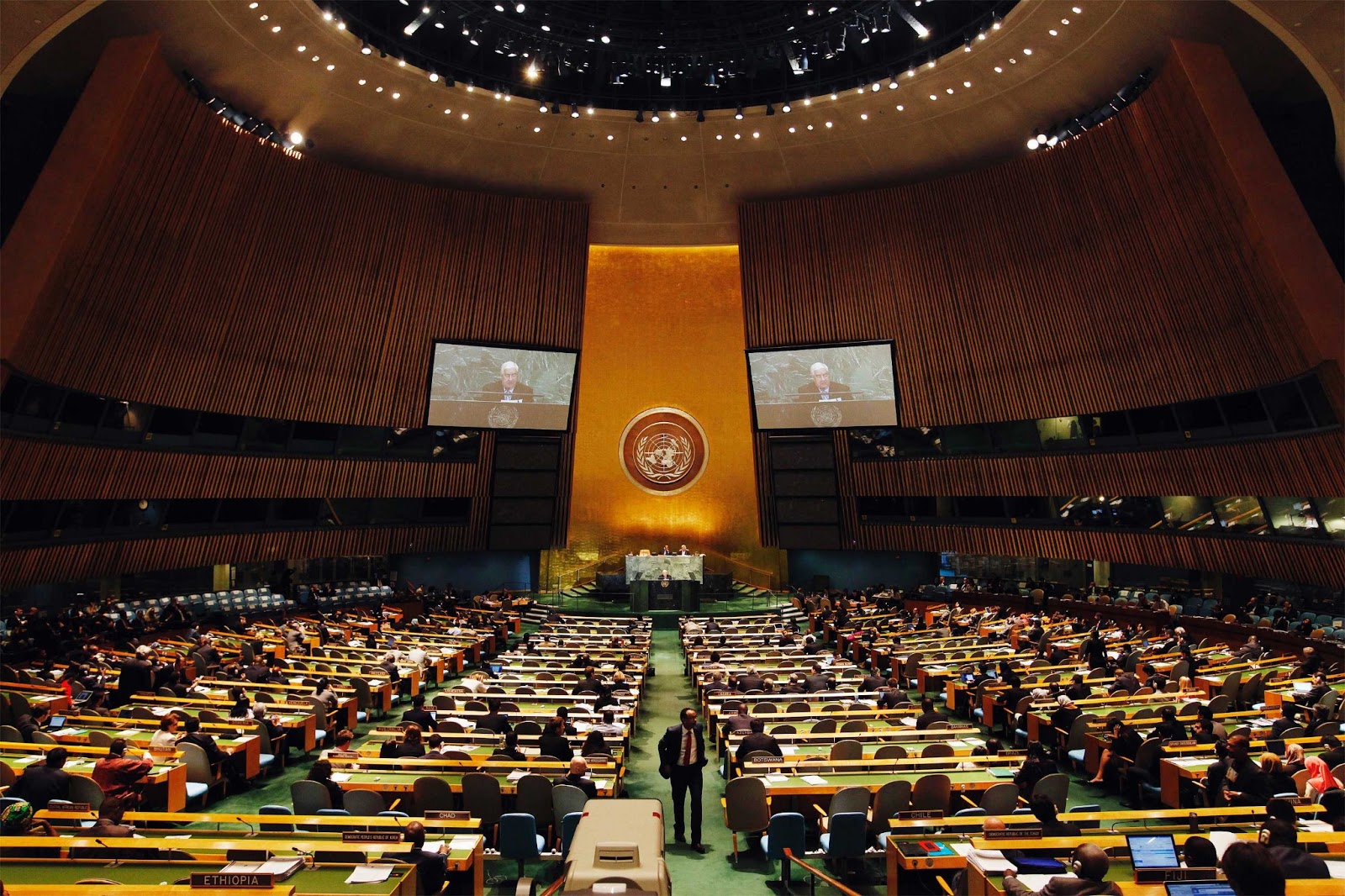
From the mid-1990s to the late 2000s, there are three major issues that shaped the world economy: the convergence of developing countries? income with respect to the average income of developed economies; the growing unbalances in the global economy which led eventually to the global financial crisis; and the adoption and implementation of the Millennium Development Goals.
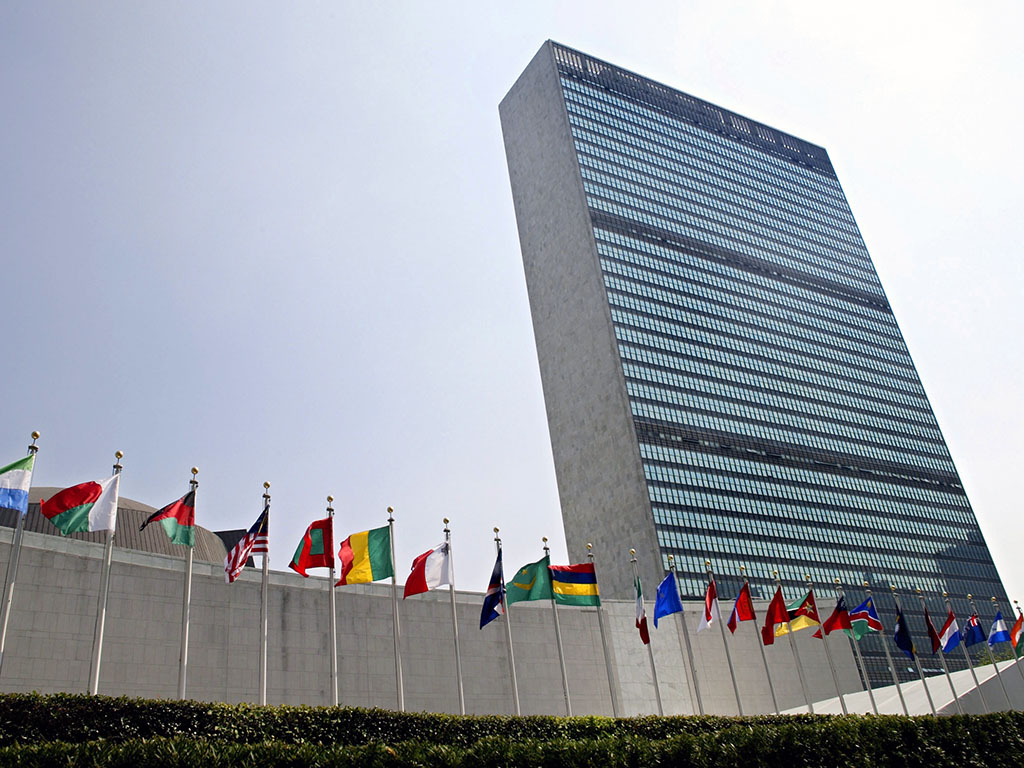
After almost three decades of remarkable progress since the end of the Second World War, economic conditions started to deteriorate in the 1970s. Economic growth slowed down in all parts of the world during the second half of the 1970s and the first half of the 1980s. Before the oil price shock of 1973, the annual growth of world gross product had been at 5.3 per cent, while during the rest of the 1970s, annual world growth reached only 2.8 per cent.

The Golden Age of Capitalism spanned from the end of the Second World War in 1945 to the early 1970s, when the Bretton Woods monetary system collapsed. It was a period of economic prosperity with the achievement of high and sustained levels of economic and productivity growth. During the Golden Age, the themes taken up by World Economic and Social Survey, henceforth referred to as the Survey, varied from year to year, in response to pressing development concerns.
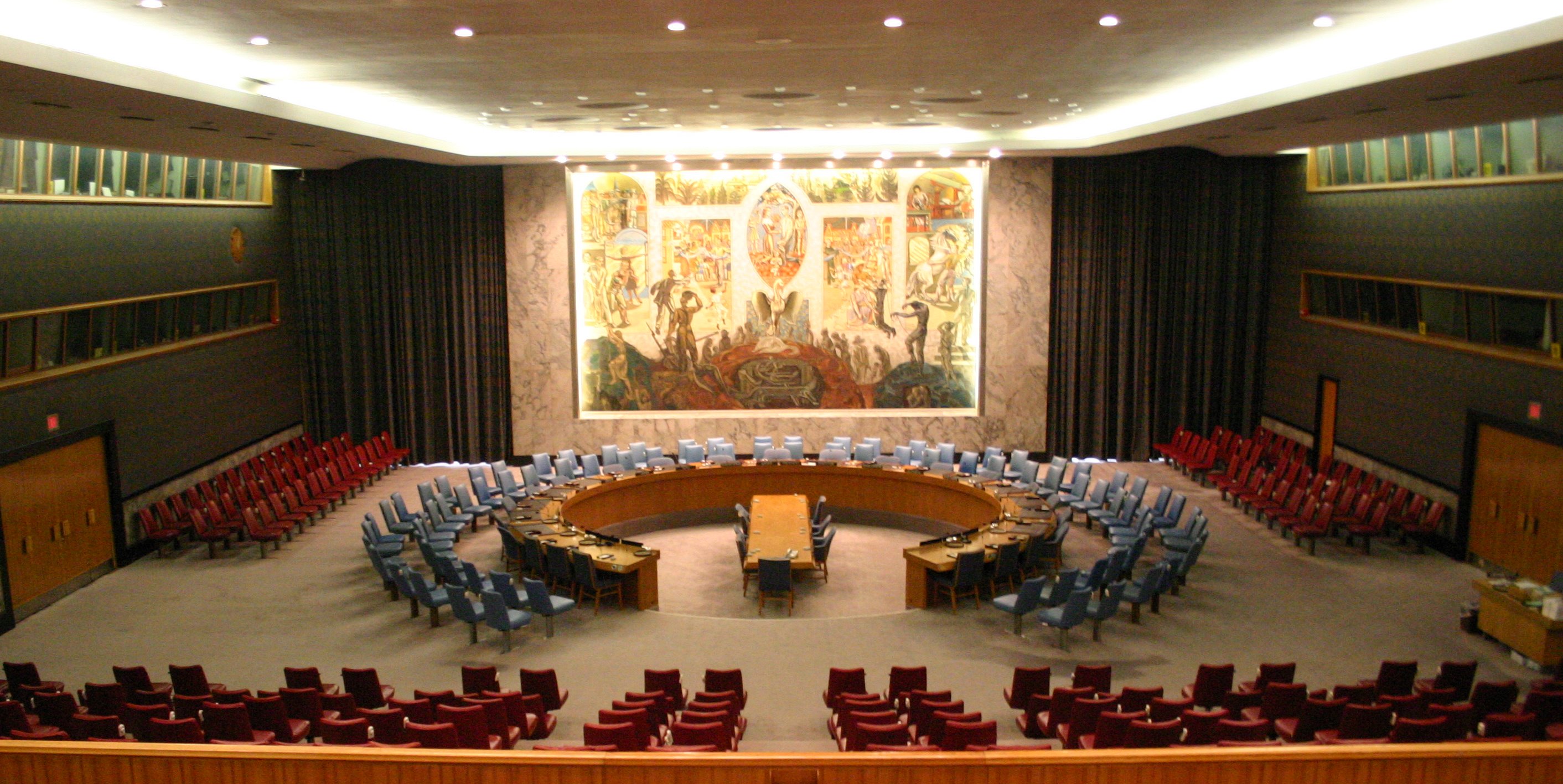
Modest improvement in the growth outlook for emerging economies but risks remain
Diplomatic rift poses economic challenges for Qatar
Fragile and uneven economic recovery in Africa and South America
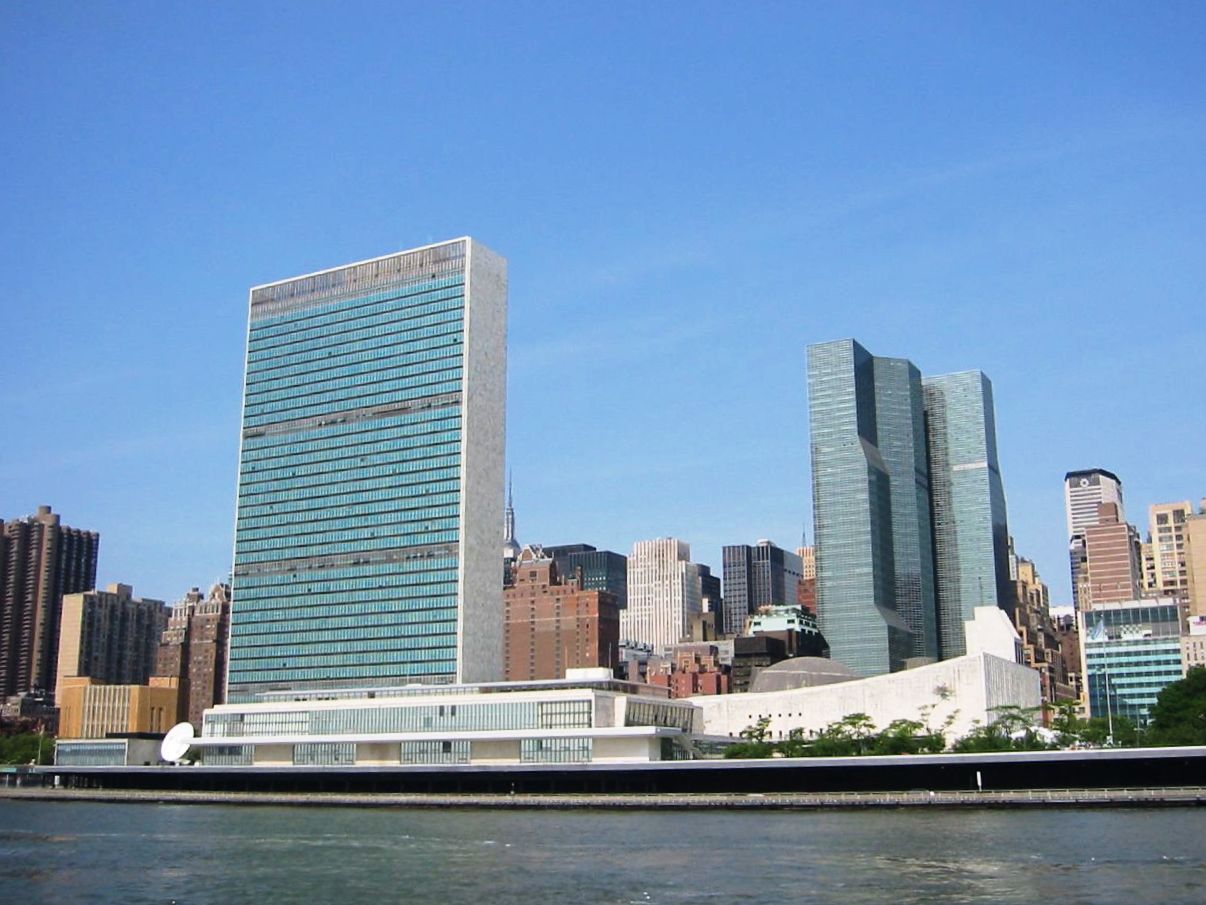
In drawing the most relevant lessons for implementing the 2030 Agenda for Sustainable Development, the World Economic and Social Survey 2017 systematically reviews the seven decades of development discussions contained in the publication ? the oldest continuous publication of its kind.

Professor Adil Najam, Member of the Committee for Development Policy (CDP), participated at the Voluntary National Review Session (VNR) of the High-Level Political Forum (HLPF) on Sustainable Development on 17 July 2017 as lead discussant. The theme

Professor Sakiko Fukuda-Parr, Vice-Chair of the Committee for Development Policy (CDP), participated in the Opening Session of the High-Level Political Forum (HLPF) on Sustainable Development on 10 July 2017 as keynote speaker. The theme of this meet
 Welcome to the United Nations
Welcome to the United Nations